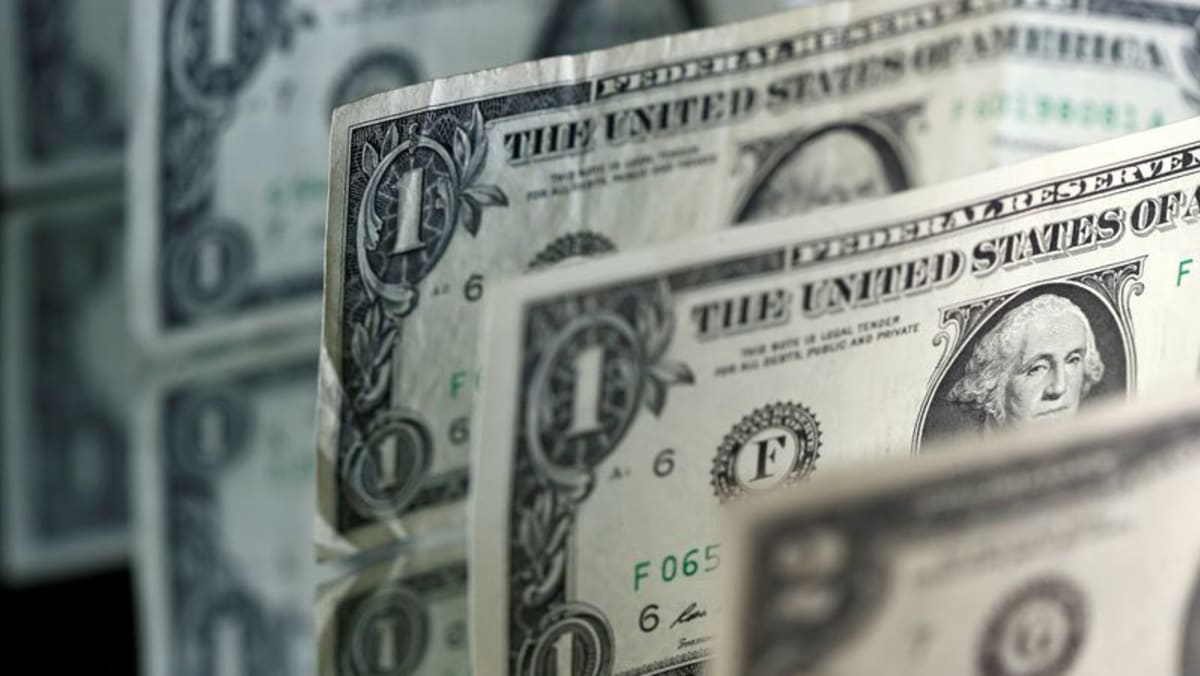BANGKOK: A month after an unfinished 30-storey skyscraper toppled following a 7.7-magnitude earthquake in neighbouring Myanmar, investigations into the cause of the collapse are still ongoing.
The building, which was supposed to house the new headquarters of Thailand’s State Audit Office (SAO) in the north of Bangkok, crumbled in seconds on March 28, burying 103 workers on site.
Thai officials have been working round the clock for the past month, using heavy machinery to dig into the mountain of rubble. At least 63 bodies have been found and the rest are unaccounted for, feared still buried under the debris.
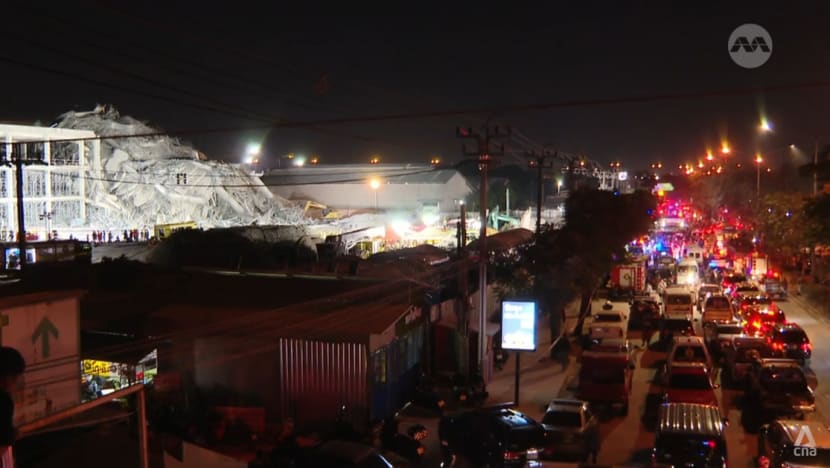 Night rescue and recovery efforts are seen at the site of the 30-storey building meant to house the new headquarters of Thailand's State Audit Office, in Bangkok.
Night rescue and recovery efforts are seen at the site of the 30-storey building meant to house the new headquarters of Thailand's State Audit Office, in Bangkok.
The disaster zone has also become a crime scene as officials investigate why the high-rise was the only building in Bangkok to have collapsed.
Local authorities who have finished examining other buildings in the capital found that while there were damages such as cracks to several structures, the SAO tower remains the only one that could not withstand the earthquake.
Investigation efforts are focusing on the rubble for materials involved in constructing the collapsed structure, including tens of thousands of tons of concrete and steel rods.
QUALITY OF CONSTRUCTION MATERIALS
One firm under scrutiny is Xin Ke Yuan Steel, which manufactured the building’s steel bars.
Initial tests by the Iron and Steel Institute of Thailand found that the company’s steel samples failed to meet safety standards, said local media.
In addition, its factory in Rayong was ordered shut in December 2024 for safety violations related to a separate incident.
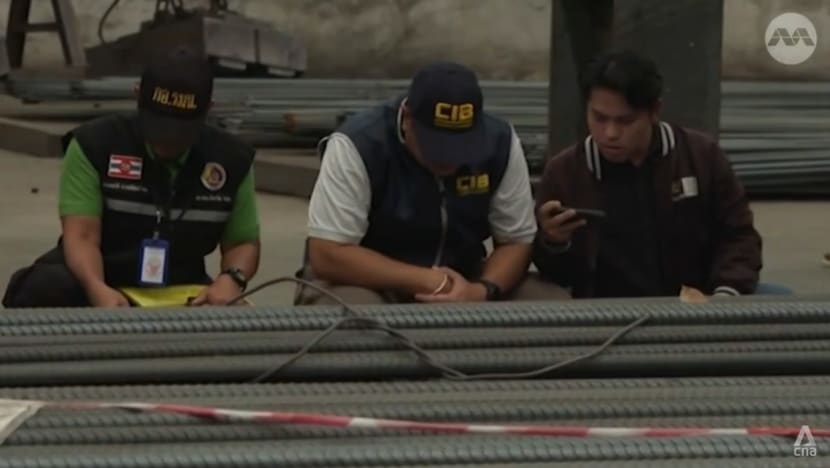 Thai investigators inspect steel rebars.
Thai investigators inspect steel rebars.
The steel bars from the collapsed site are currently undergoing further testing, said authorities.
The building’s elevator shafts are another area of concern.
Government-appointed investigators believe the walls were constructed thinner than initially planned, according to local media.
Thai authorities suggested that may have weakened the structural integrity of the building, contributing to factors leading it to give way during the earthquake.
CONSTRUCTION FIRM HAD PRIOR ISSUES
The tower was a joint-venture between Italian-Thai Development – a long-standing Thai construction company – and China Railway No. 10, a subsidiary of Chinese state-owned China Railway, a group behind many large-scale infrastructure projects in China and abroad.
China Railway No. 10’s organisational structure had three Thai nationals holding a majority of the company's shares while a Chinese executive held the remaining 49 per cent.
Thai laws require Thai nationals to hold a majority of shares for a company to avoid being classified as a foreign company.
Law enforcement officials have arrested the three Thai nationals and the Chinese man, who they named as Zhang Chuangling. He was charged on suspicions of using Thai nationals as shareholders in name only.
Zhang is currently out on bail, but not the other three, according to local media.
A Thai anti-corruption watchdog which had previously monitored the collapsed building project said it had observed several problems.
The group described various issues, including a constant lack of supervising engineers and multiple delays, as well as running behind schedule on its progress.
“In January 2025, we confirmed once again that if conditions remained the same, it would be impossible to rush for completion by August,” said Mana Nimitmongkol, chairman of the Anti-Corruption Organisation of Thailand.
“And if they managed to do it, it would have meant severely cutting corners in the construction process. It might not meet engineering standards.”
The anti-corruption watchdog had earlier flagged irregularities in the tower’s construction to authorities after building works had already begun.
Mana added the SAO management considered terminating the construction contract and blacklist the contractors from future government work but decided to continue.
The government set up a fact-finding committee a week after the incident to investigate what caused the building to collapse.
They are expected to reveal their findings in about two months from the convening of the committee.
NEED FOR PUBLIC ACCOUNTABILITY
Thai legislator Surachet Pravinvongvuth, who is chairing a parliamentary committee on how state funds are used, said it is ironic that SAO - which examines government finances and accounts - is being evasive about being audited.
Surachet, who wants the government’s fact-finding group to bring in clarity, said the public should demand concrete details about what they will deliver in these 90 days.
“Beyond this issue, there is also the matter of public responsibility. Because this agency is an independent organisation that is different from regular state agencies, we do not really see much connection with the public or readiness to explain things to society,” he said.
Thailand’s Prime Minister Paetongtarn Shinawatra on April 18 criticised the slow progress of the investigation.
She also called out the SAO for not coming forward enough to assist in the probe.
“We ask for cooperation (from the relevant parties)... the SAO’s documents including the committee’s findings from January 2025 of possible contractual violations but non-cancellation of the project,” she said.
“We must find all evidence and cause to hold those responsible for the loss of lives.”

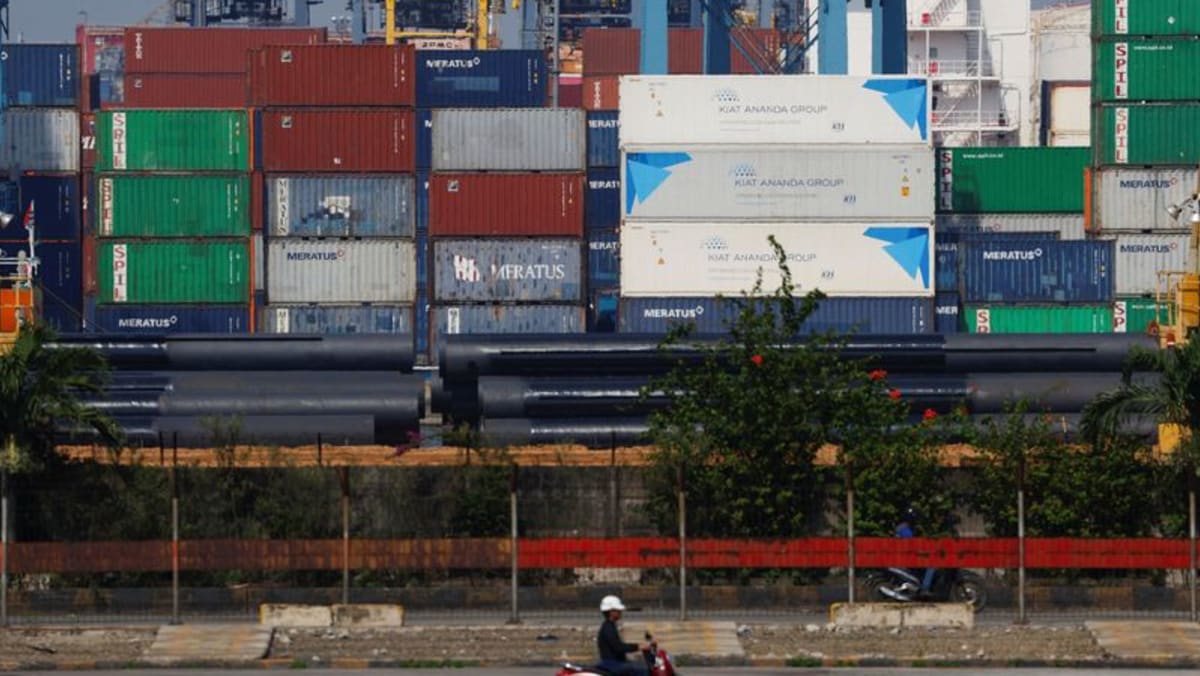

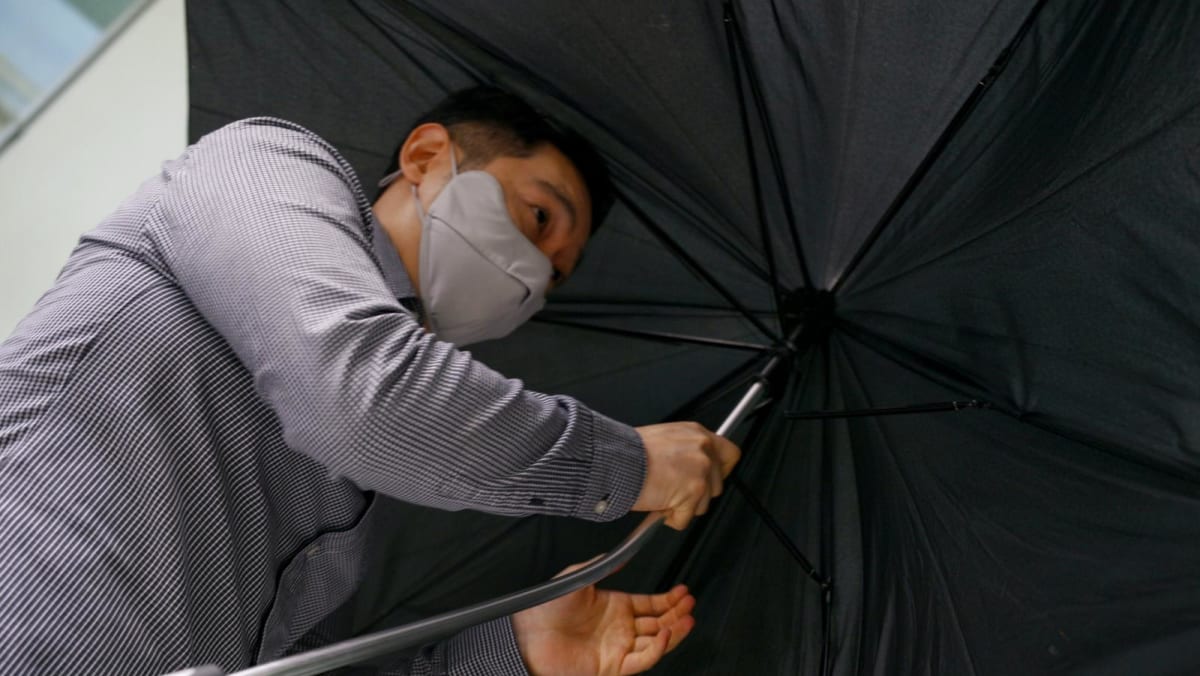
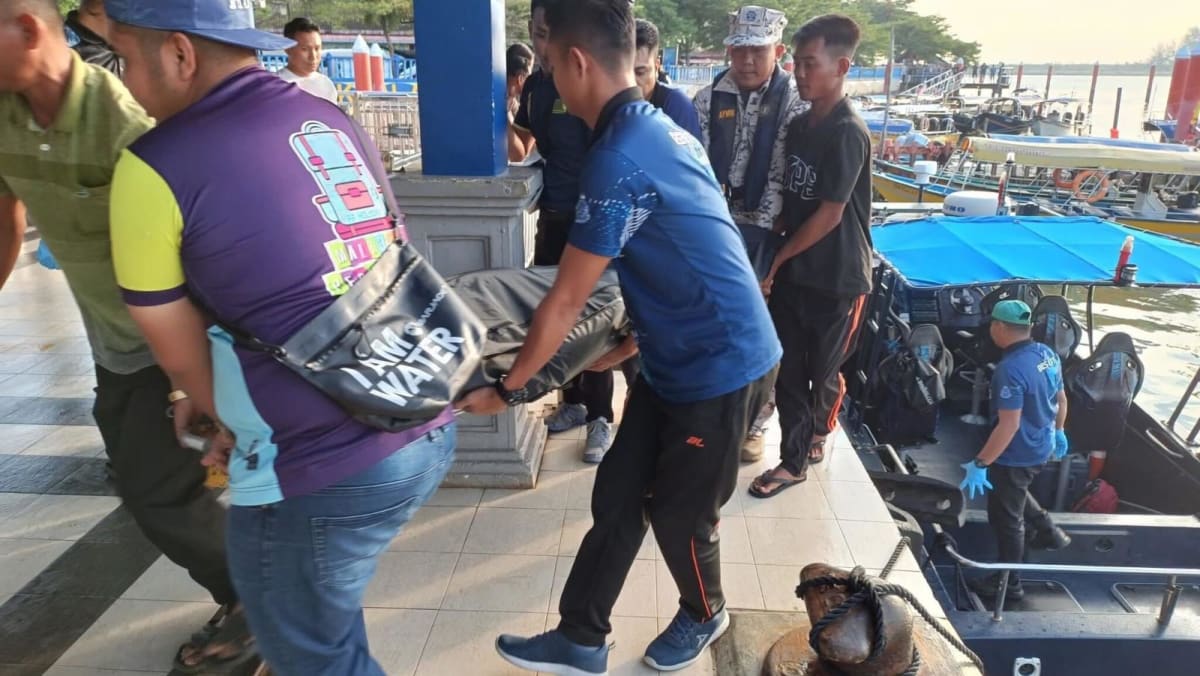
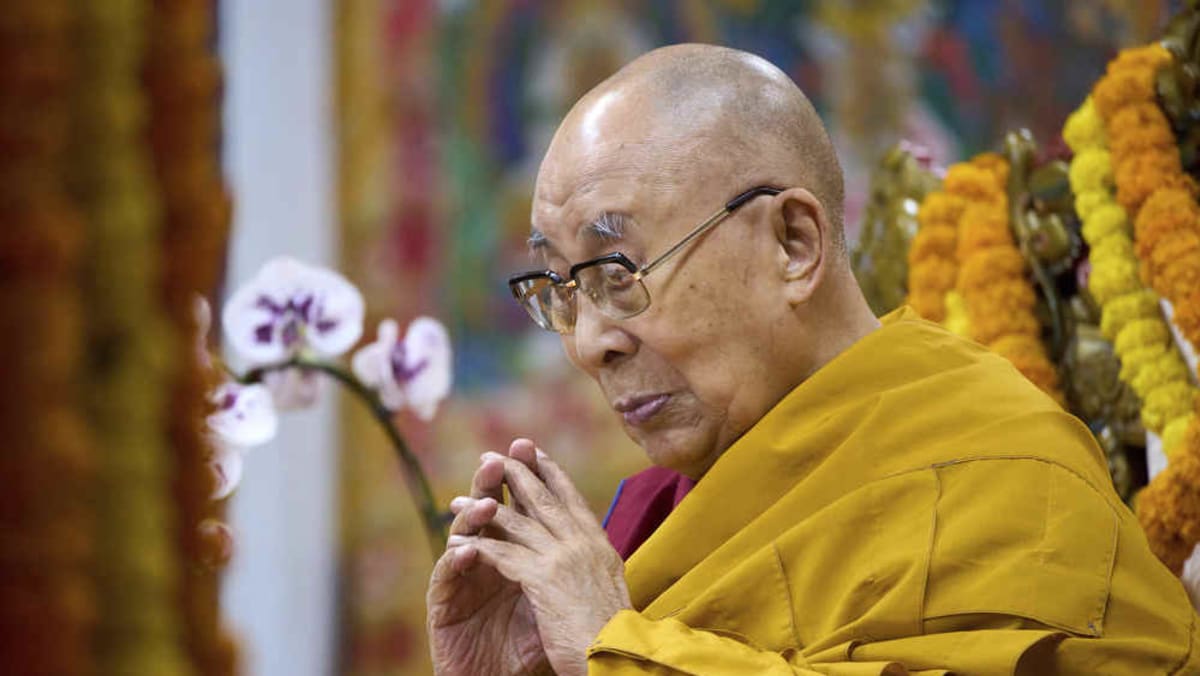

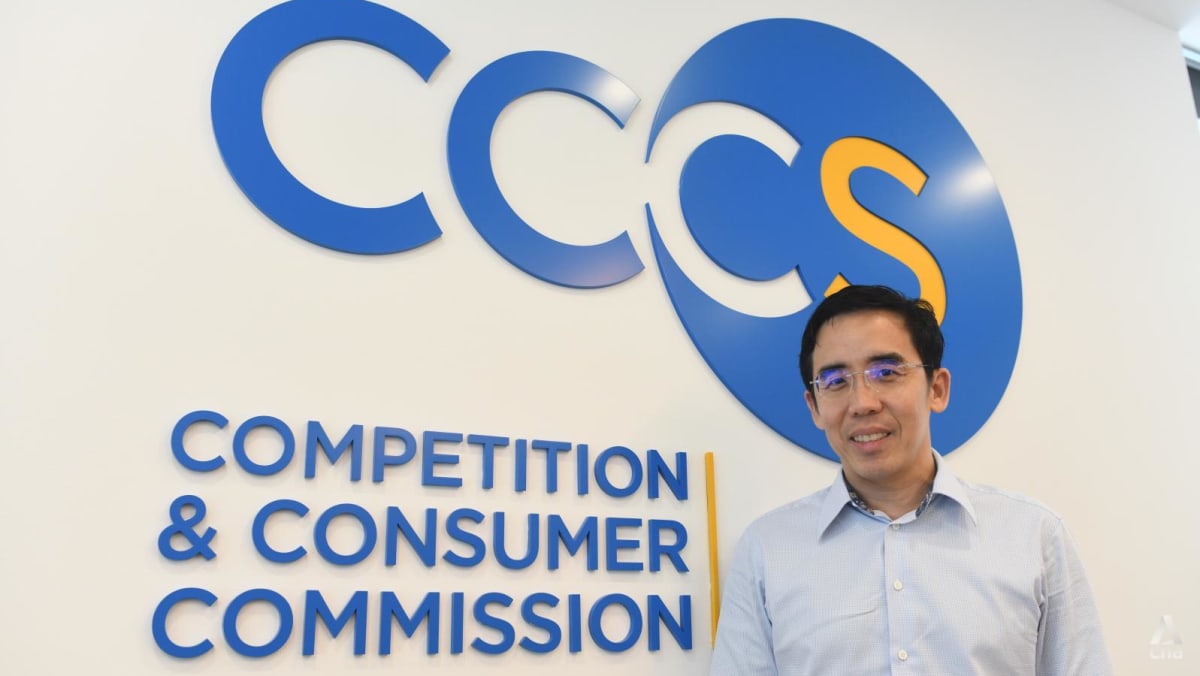
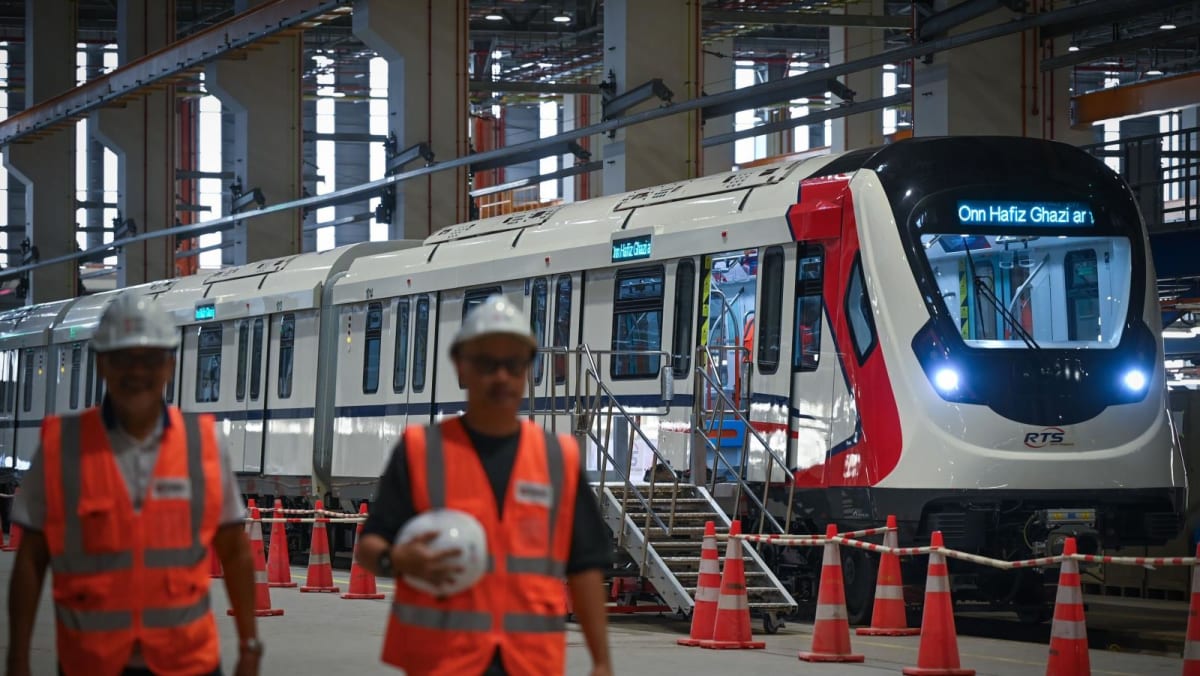
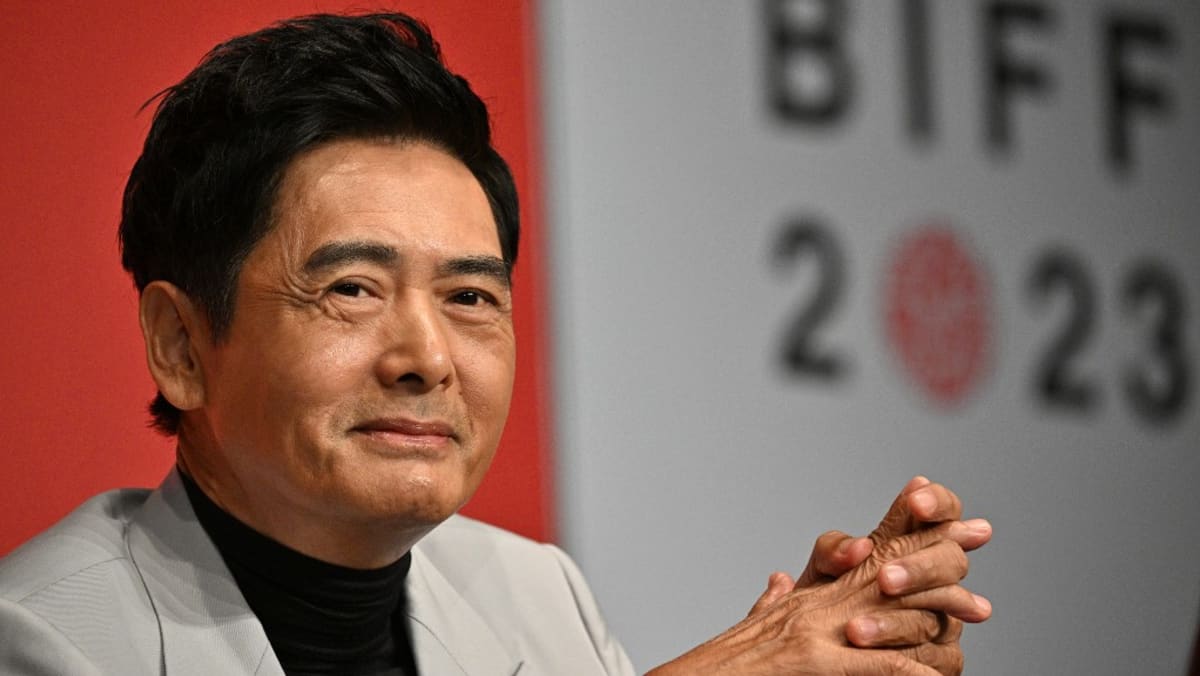



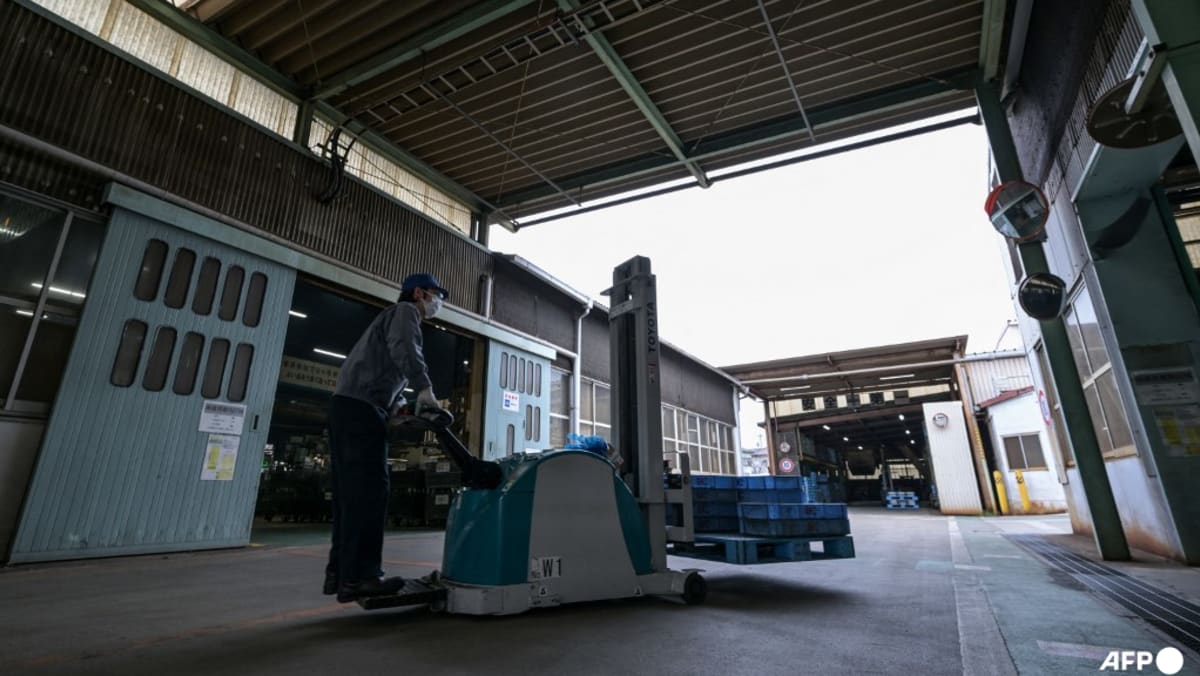
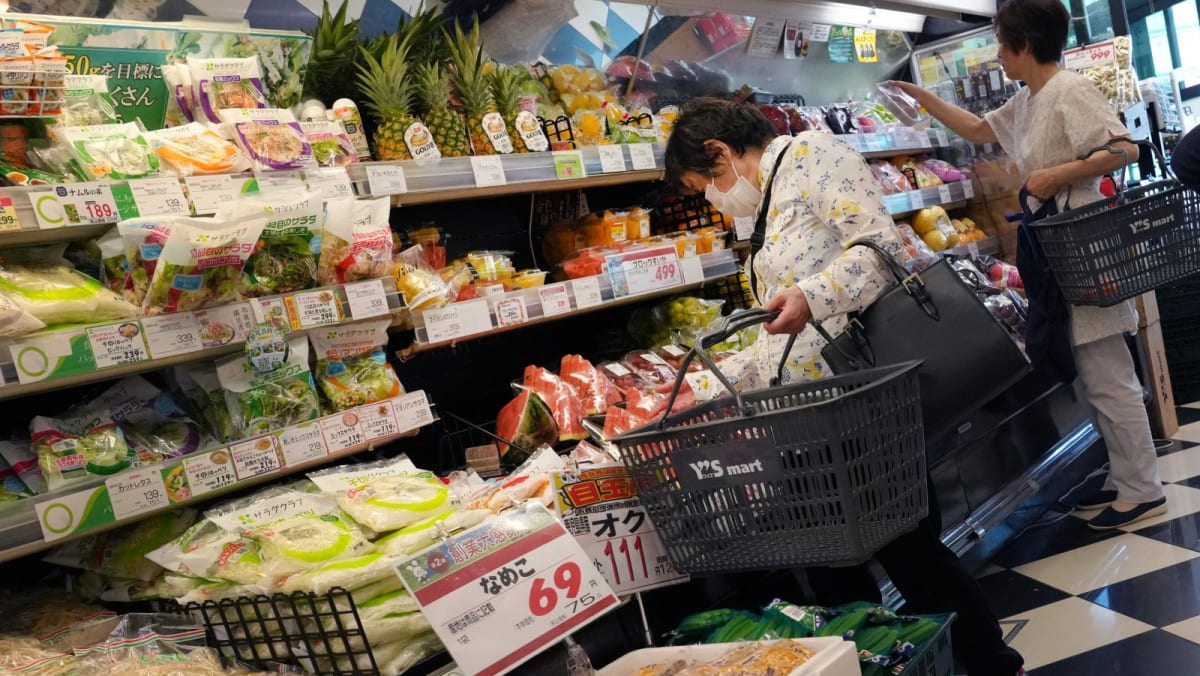
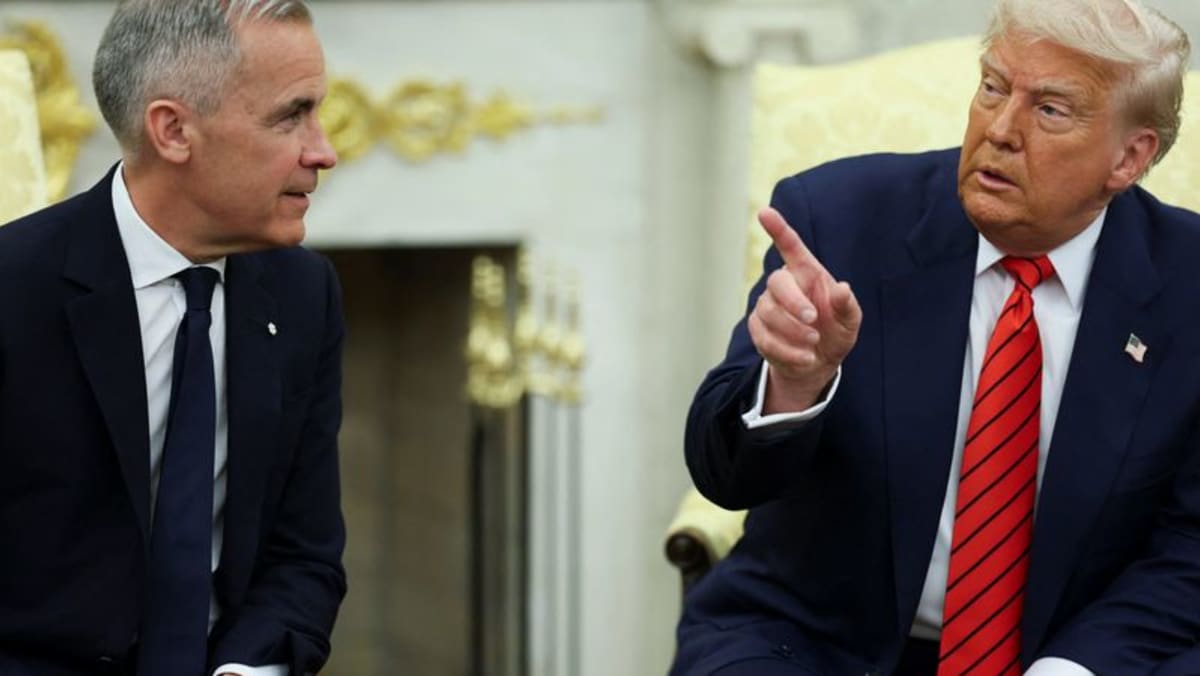

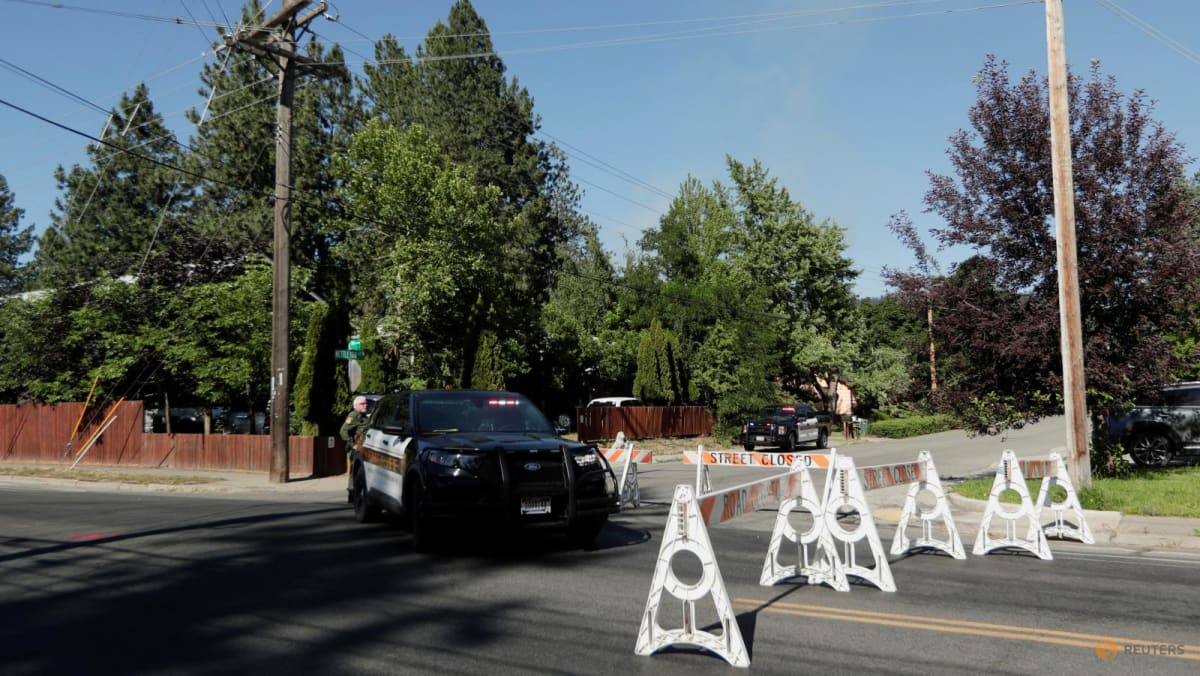
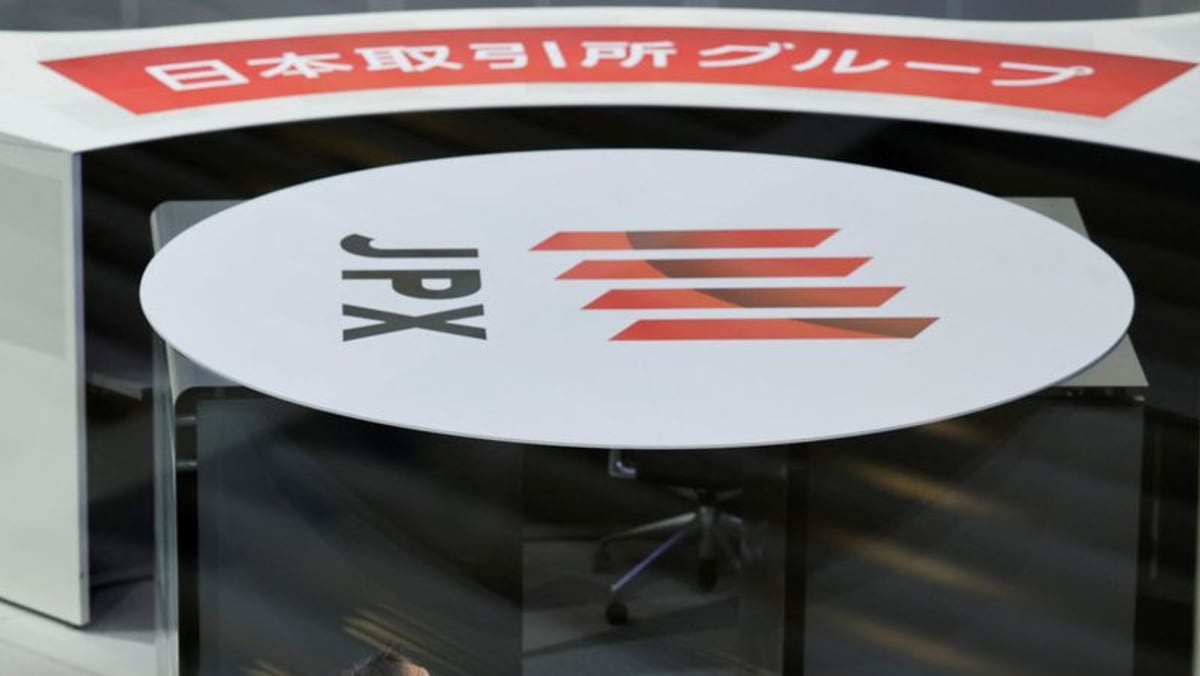
















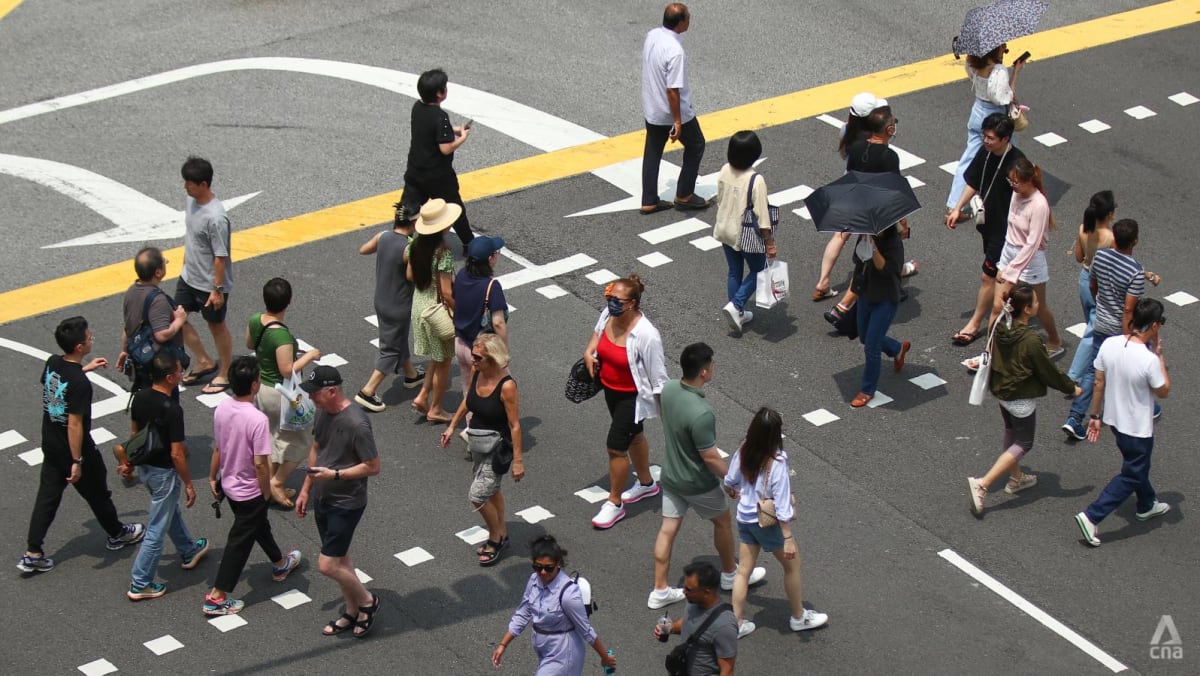


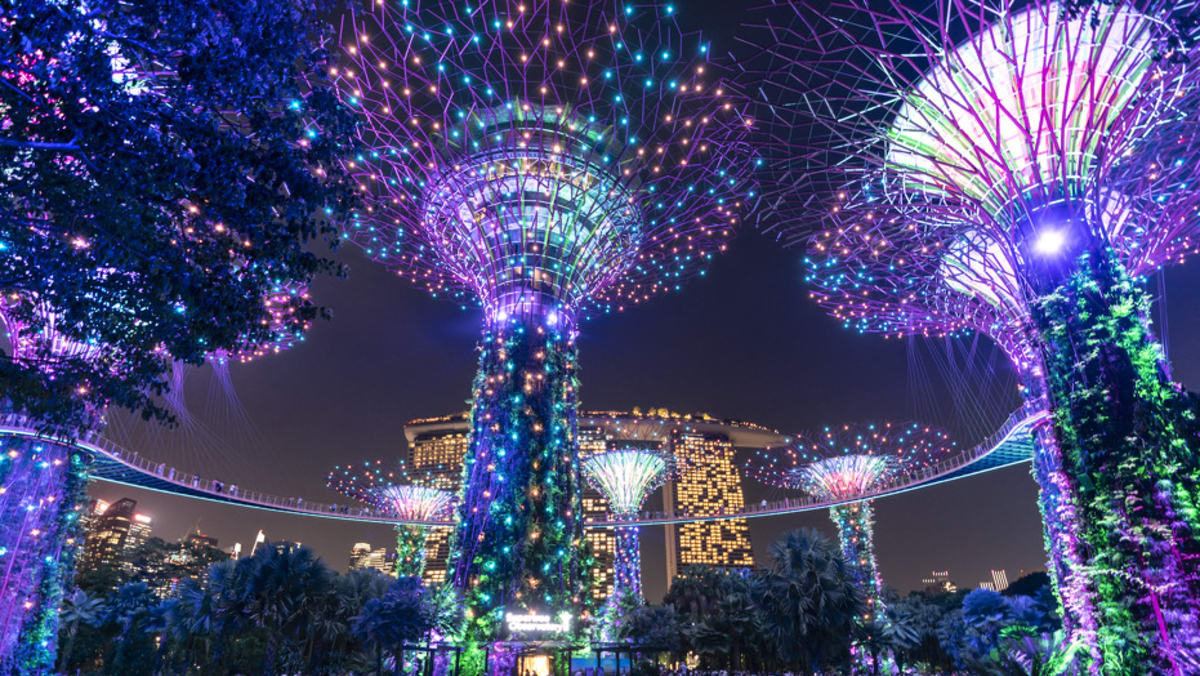





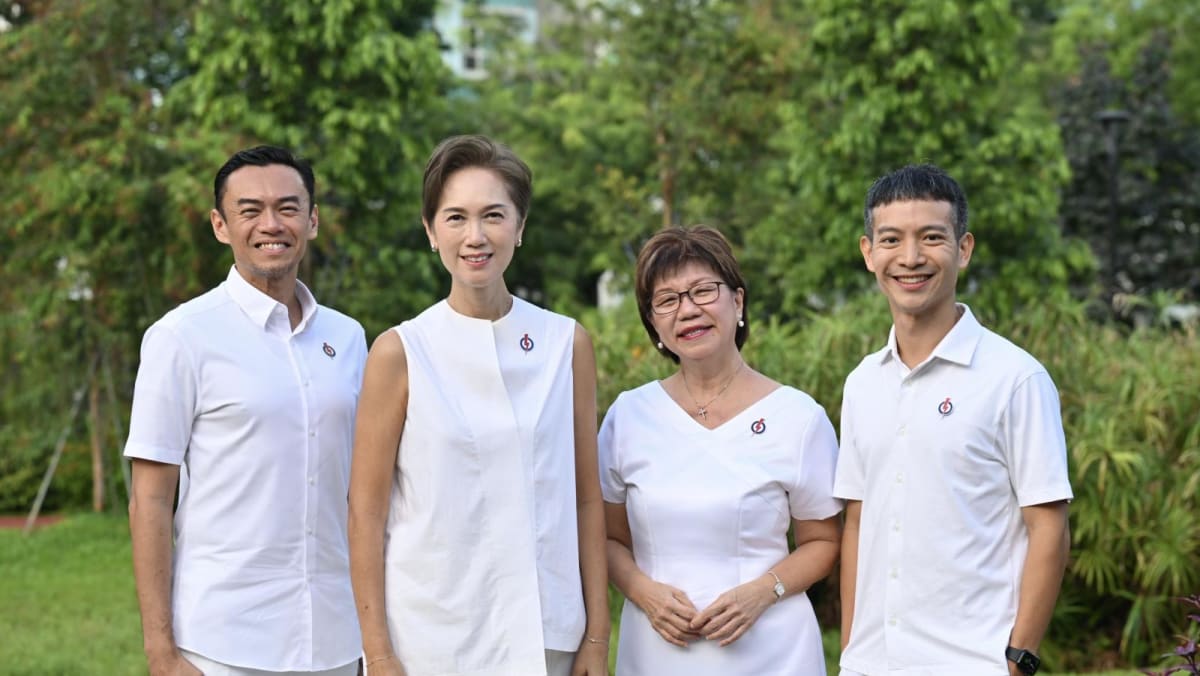

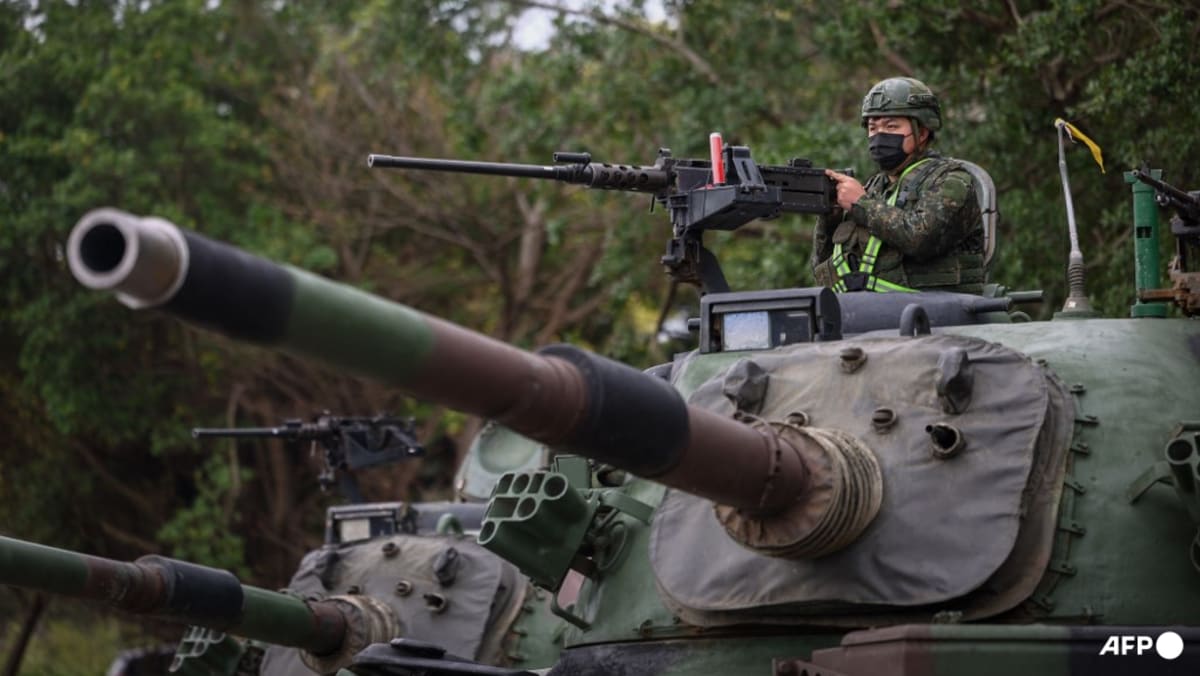

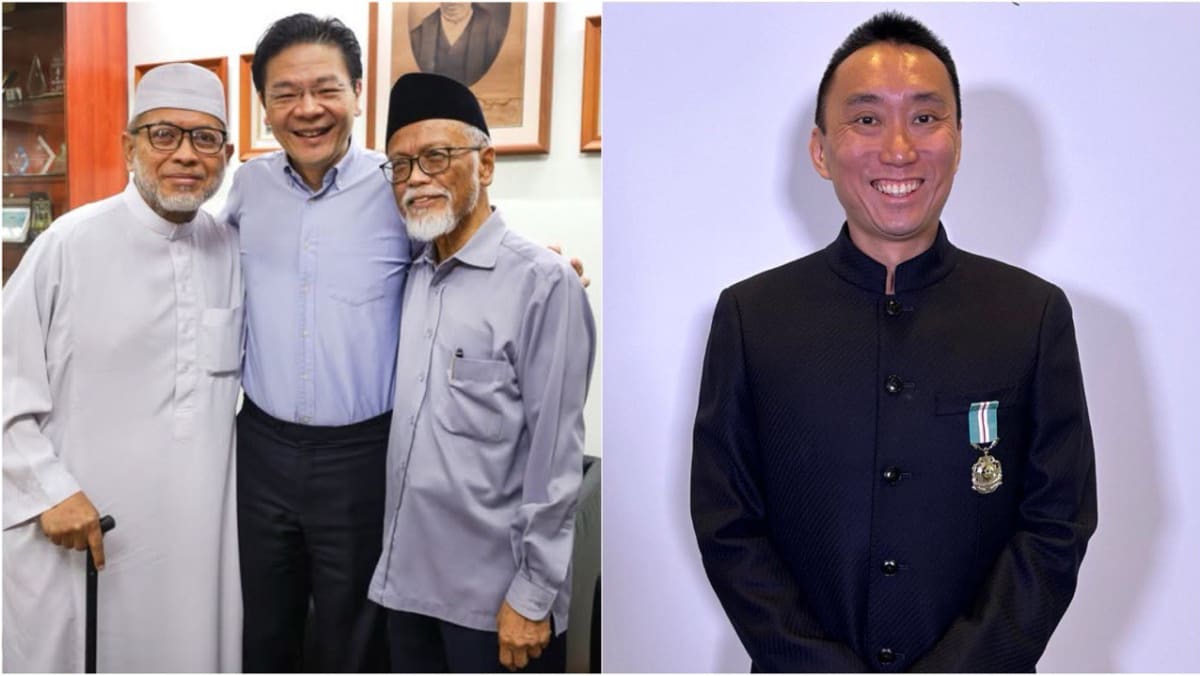
.png?itok=erLSagvf)
